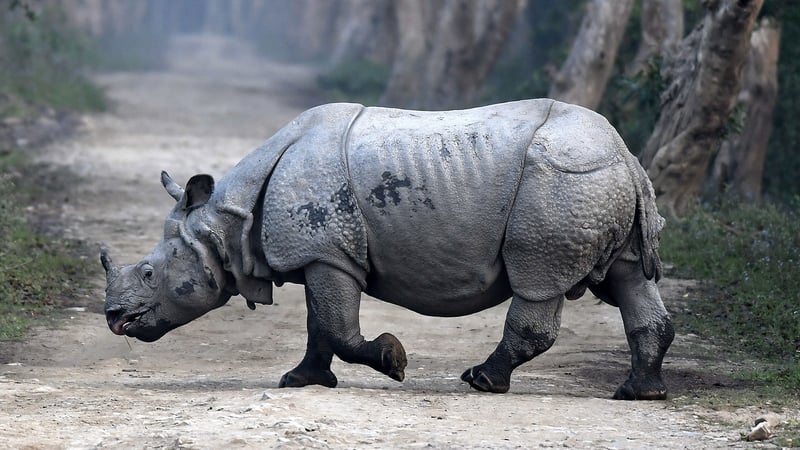Nature, Living Planet Index, Climate, Biodiversity, Earth, Natural environment
Biodiversity Stripes – A Journey from Green to Grey
The climate stripes were created by Professor Ed Hawkins at the University of Reading in 2018. A simple series of vertical coloured bars, showing the heating of the planet over 200 years. The strip…
Biodiversity Stripes – A Journey from Green to Grey
The climate stripes were created by Professor Ed Hawkins at the University of Reading in 2018. A simple series of vertical coloured bars, showing the heating of the planet over 200 years. ...
We are sorry, we could not find the related article
If you are curious about 50 years from now and Future of the Universe
Please click on:
Subscribe to 50 years from now - Future of the Universe
Global forest wildlife populations in significant decline, new WWF report shows
Conservation group calls to declare a planetary emergency and act to keep forests standing and healthy in the fight against the climate crisis.
Wild animal population plummets 60% in 44 years - WWF
'Runaway consumption' has decimated global wildlife, triggered a mass extinction and exhausted Earth's capacity to accommodate humanity's expanding appetites.
WWF Report: Humans wipe out 60% of animal populations over 40 years
October 31st, 2018 A new WWF report has concluded that populations of vertebrate species - mammals, birds, amphibians, reptiles and fish - have declined by an average of 60 per cent since ...
Humans exploiting and destroying nature on unprecedented scale – report
Animal populations have plunged an average of 68% since 1970, as humanity pushes the planet’s life support systems to the edge
World wildlife plummets more than two-thirds in 50 years: index
Global animal, bird and fish populations have plummeted more than two-thirds in less than 50 years due to rampant over-consumption, experts said Thursday in a stark warning to save nature ...
Humanity has wiped out 60% of animals since 1970, major report finds
Humanity has wiped out 60% of mammals, birds, fish and reptiles since 1970, leading the world's foremost experts to warn that the annihilation of wildlife is now an emergency that threatens ...
EXECUTIVE PERSPECTIVE: Global Risks require urgent action on Climate and Nature
“These services provided by nature that people and businesses depend on, such as clean water, pollination or protection against floods,…
WWF: These are the biggest threats to the Earth's biodiversity
The list includes climate change, changes in land and sea use and pollution.








